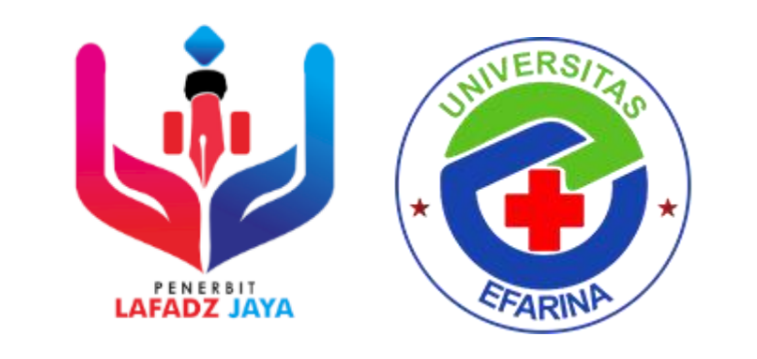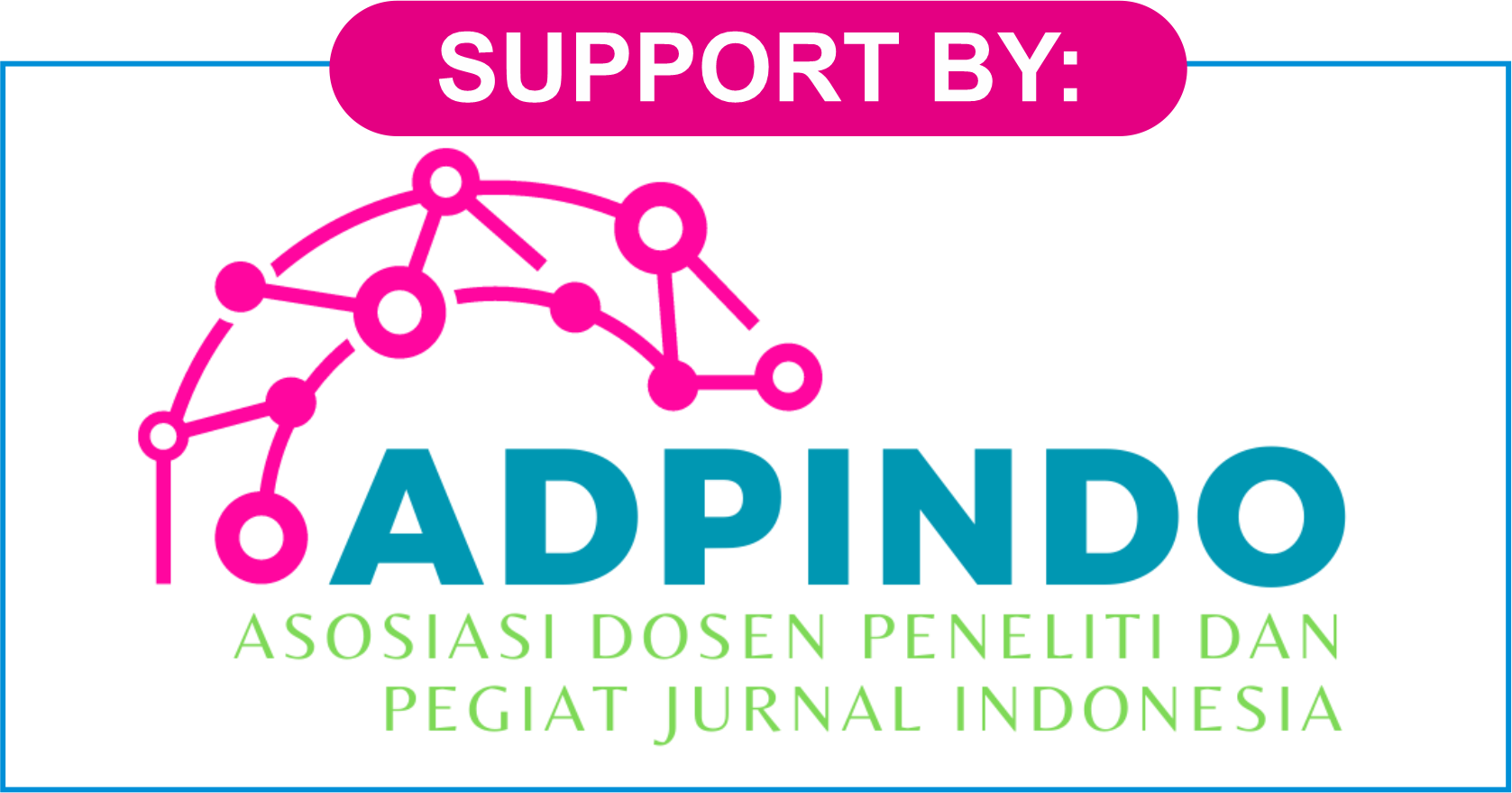CULTURAL, SOCIOECONOMIC, AND FAMILIAL DETERMINANTS OF CHILD PSYCHOLOGICAL DEVELOPMENT IN GHANA: A HOLISTIC PERSPECTIVE
DOI:
https://doi.org/10.47353/sikontan.v3i4.2789Keywords:
Ghanaian child psychology, cultural and socioeconomic influences, mental health in AfricaAbstract
Child psychological development is deeply influenced by a constellation of cultural, socioeconomic, and familial factors, particularly in regions with complex traditional and modern dynamics such as Ghana. This study investigates how these interrelated domains shape the mental health and behavioral outcomes of children across urban and rural settings in Ghana. Using a mixed-methods approach, we conducted surveys and semi-structured interviews with caregivers, educators, and child development professionals in Accra, Kumasi, Tamale, and selected rural communities. The findings reveal that traditional communal child-rearing practices provide a sense of security and identity, but they are increasingly strained by urbanization, economic hardship, and shifting family structures. Furthermore, socioeconomic inequality and limited access to mental health services contribute to developmental challenges, especially in underserved regions. Cultural beliefs, including stigmatization of disability and supernatural interpretations of psychological distress, further complicate early diagnosis and intervention. Despite these challenges, Ghana’s strong extended family systems and community networks remain potential assets for culturally adapted psychological support. This study emphasizes the need for contextually informed child mental health policies, inclusive education strategies, and family-centered interventions. By understanding Ghana’s unique social and cultural landscape, we can better support children’s psychological resilience and development in sub-Saharan African contexts.
Downloads
References
Adomako, M. (2014). Cultural dynamics of child rearing in Ghana. African Journal of Social Sciences, 4(2), 88–97.
Agyapong, I. A., Osei, A., & Kretchy, I. A. (2015). Spiritual beliefs and mental health care in Ghana. International Journal of Culture and Mental Health, 8(1), 56–64.
Akyeampong, K., Pryor, J., & Ampiah, J. G. (2006). A vision of successful schooling: Ghanaian teachers' understandings of learning, teaching and assessment. Comparative Education, 42(2), 155–176.
Amoah, S. A. (2019). Exploring school-based interventions for mental health in Ghana. Ghana Educational Review, 25(1), 50–66.
Antwi-Boasiako, K. B. (2013). Addressing childhood disability in Ghana: The role of cultural perceptions. Disability & Society, 28(1), 1–13.
Aryeetey, R., Lartey, A., Marquis, G. S., Colecraft, E., & Brown, P. B. (2010). Prevalence and predictors of undernutrition among school children in Northern Ghana. BMC Public Health, 10, 246.
Asare, J. B. (2006). Mental health services in Ghana. Acta Psychiatrica Scandinavica, 113(s429), 32–36.
Awedoba, A. K. (2001). An Ethnographic Study of Northern Ghanaian Cultures. Accra: Institute of African Studies.
Baffoe, M., & Dako-Gyeke, P. (2013). Social stigma and discrimination against persons with disabilities in Ghana. Journal of Social Work in Disability & Rehabilitation, 12(4), 294–311.
BasicNeeds-Ghana. (2016). Annual Programme Report. Tamale: BasicNeeds.
Boateng, D., Kwapong, L. D., & Agyei-Baffour, P. (2015). Knowledge, perception about mental health disorders and attitudes of students in Ghana. International Journal of Culture and Mental Health, 8(4), 351–360.
Danso, E. (2017). Inclusive education in Ghana: Perceptions of stakeholders. Educational Research International, 6(3), 240–250.
Doku, P. N. (2009). Parental HIV/AIDS and children's psychological wellbeing in Ghana. Journal of Child and Adolescent Mental Health, 21(1), 27–34.
Frempong, G. (2016). Impact of family structure on Ghanaian children’s academic performance. Journal of Sociology and Education, 8(2), 102–115.
Gyan, C. (2013). The role of religion in child socialization in Ghana. Ghana Social Science Journal, 10(1), 45–58.
Kyei, P. O. (2015). Teacher attitudes toward inclusive education in Ghana. International Journal of Special Education, 30(3), 10–19.
Lartey, L., & Nyarko, K. (2014). Child discipline practices in Ghanaian homes. Journal of Family Studies, 20(1), 75–89.
Mazzucato, V., & Cebotari, V. (2017). Psychological well-being of Ghanaian children in transnational families. Population, Space and Place, 23(3), e2001.
Mensah, M. O. (2011). Challenges facing guidance and counselling programs in Ghanaian schools. International Journal of Education and Practice, 2(4), 68–79.
Nsamenang, A. B. (1992). Human development in cultural context: A third world perspective. Sage Publications.
Osei, H. (2020). Integrating social emotional learning (SEL) into Ghanaian basic schools: A pilot study. Ghana Journal of Education and Teaching, 2(1), 34–49.
Owusu-Ansah, F. E., & Tweneboah, S. N. (2015). The spiritual dimension of mental health in Ghana. African Journal of Psychiatry, 18(3), 145–152.
Quarshie, E. N. B., Waterman, M. G., & House, A. O. (2020). Self-harm among adolescents in Ghana. BMC Psychiatry, 20(1), 234.
Roberts, M., Asare, J. B., Mogan, C., & Ofori-Atta, A. (2018). Mental health policy in Ghana: challenges and opportunities. The Lancet Psychiatry, 5(8), 628–629.
Serpell, R. (1993). The significance of schooling: Life-journeys in an African society. Cambridge University Press.
Sossou, M. A. (2006). The meaning of children in Ghana. Journal of Family Social Work, 10(4), 73–87.
Twum-Danso, A. (2009). Situating participatory methodologies in context. Children's Geographies, 7(4), 379–389.
UNICEF. (2017). The State of the World's Children 2017: Children in a Digital World. New York: UNICEF.
WHO. (2017). Mental Health Atlas 2017. Geneva: World Health Organization.
Wuni, I. Y., & Dako-Gyeke, M. (2022). Mental health literacy among Ghanaian youth. International Journal of Mental Health Promotion, 24(3), 175–189.
Downloads
Published
How to Cite
Issue
Section
License
Copyright (c) 2025 Isaac Anobi Asare, Joseph Dotse Komla Plahar

This work is licensed under a Creative Commons Attribution 4.0 International License.











